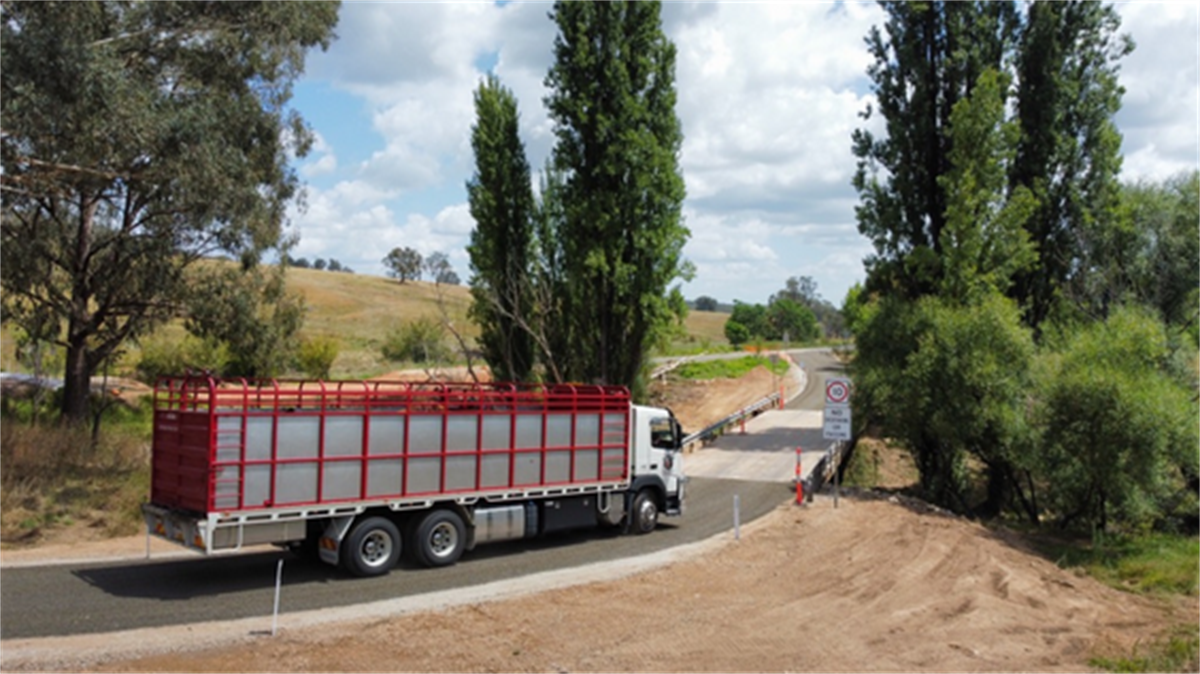The United States is facing an eviction emergency driven by the economic impacts of COVID-19. But researchers from Rice University’s Kinder Institute for Urban Research estimate that even before the pandemic, the public and private sectors in Harris County, Texas, were spending in excess of $300 million per year addressing the region’s eviction crisis.
“Evictions have the most direct impact on the households being evicted, but collectively evictions place an immense burden on the public and not-for-profit sector,” wrote Kinder researchers Carlos Villegas and Steve Sherman on the institute’s Urban Edge blog. “Locally, evictions force Houston and Harris County shelters, medical providers, child welfare services and criminal justice agencies to incur a range of costs. With COVID-19’s economic crisis hitting local budgets hard, these agencies are being forced to reckon with ballooning demands at a time that their revenues are most threatened.”
The issue is even more pressing because the Kinder Institute’s believes the fiscal impact of the area’s crisis accounts only for the most prominent consequences of evictions, including costs that stem directly from being removed from one’s home. There are other costs borne by the public, private and not-for-profit sectors, the researchers conclude.
“Harris County’s evictions have no exact, precise fiscal cost, but our calculations show that hundreds of millions of dollars go towards addressing a preventable crisis,” Sherman said.
“Only New York City — with roughly twice the population spread over five counties, and a much higher share of renter households — has more evictions than Harris County,” the blog read. “Harris County’s eviction numbers dwarf those of other major cities’ core counties.”
The blog post with more information is accessible online here








